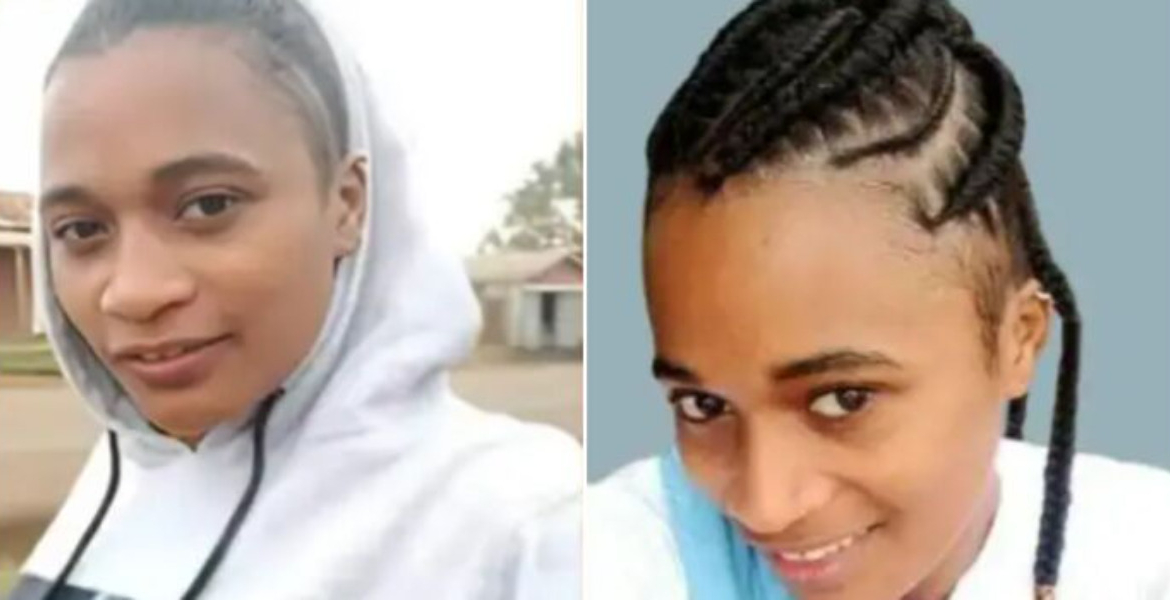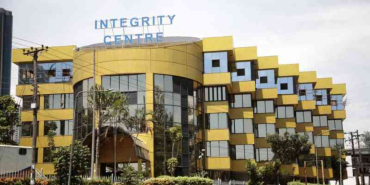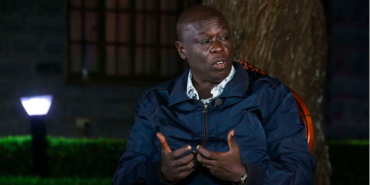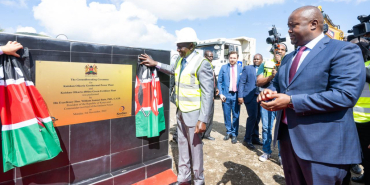Julie Wangui’s Family Rejects Autopsy Finding of Natural Causes Following Death in Nanyuki Prison

The family of Julia Njoki Wangui, a 24-year-old who died in remand at Nanyuki Women’s Prison, have rejected the findings of an autopsy conducted following her death.
Citing a lack of access to Wangui’s medical records before the examination, the family is demanding full disclosure, deepening the controversy surrounding the circumstances of her death. Wangui was arrested on 7 July during the Saba Saba demonstrations in Nanyuki, charged with malicious damage to property, and remanded after failing to meet the KSh50,000 bail.
She subsequently collapsed in prison and was transferred to the hospital, where she underwent surgery before dying on 12 July. Initial autopsy results, released by Government Pathologist Dr Peter Ndegwa, were inconclusive, noting internal bleeding in the brain without identifying any direct trauma. Irregularities were also found in Wangui’s liver, pancreas, and lungs, prompting further toxicological and histological analyses.
The family's concerns have been exacerbated by the fact that the surgical report relating to a craniotomy performed on Wangui has not been shared with them. A family spokesperson says that they "do not have any hospital records to say what happened to her brain, or why she was bleeding."
They further maintain that Wangui was in good health when arrested, raising suspicions of possible assault while in custody. Wangui’s death has sparked public anger, with residents of Likii Estate in Nanyuki staging protests on 14 July, blocking roads and demanding accountability. While the National Police Service has denied any wrongdoing, it has said that oversight bodies will conduct investigations.








Add new comment